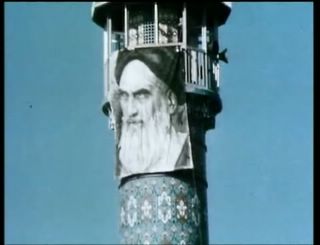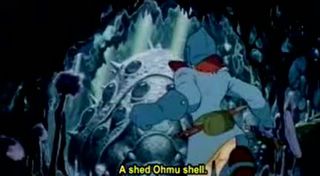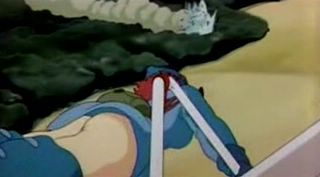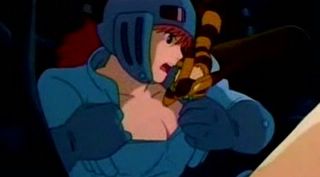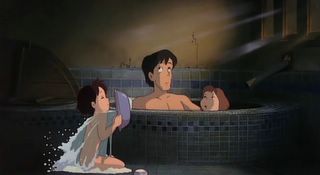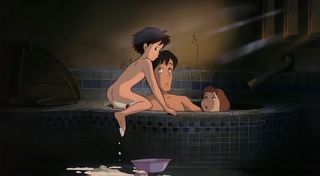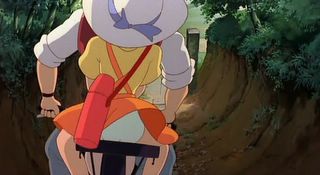
Health condition of pregnant women, mothers and children
1 - births complicated by anemia, %; 2 - children born sick, %; 3 - mothers with anemia, %
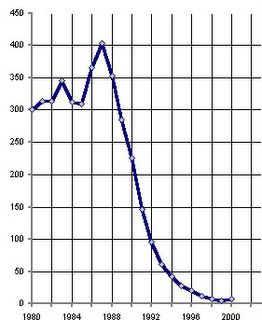
Construction of preschools, thousands of kids accomodated
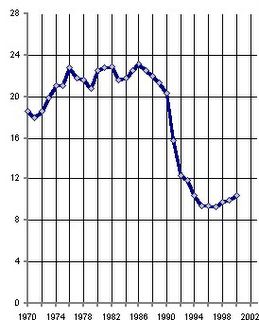
Consumption of fish and fish products, kg per capita per year
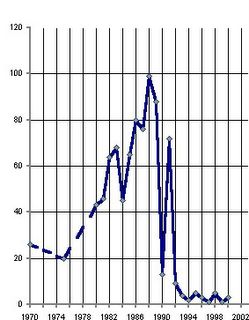
Deep prospecting drilling for chemicals, mineral water and thermal water resources, thousands meters
This destruction of a country was started under the banner of greater economic efficiency, higher incomes, bigger opportunities for people. Economic efficiency, indeed... After the initial shock the destruction continued under the banner of greater freedoms, better democracy, opening the society. How convinient that these things can't be measured and we have to rely on the claims of ardent supporters of the regime to believe that we are in fact getting all these benefits.
And when someone does measure these benefits, we are in for a few surprises too. Corruption Perception Index places Russia 90th, next to Mozambique and Tanzania. In the Index of Economic Freedom it is placed 124th, around Rwanda and Cameroon. And in Human Development Index it is ranked 57th, right next to Libyan Arab Jamahiriya and Antigua and Barbuda. Russian reforms are a crime agains humanity and there can be no justification for what was done to the Soviet people.








